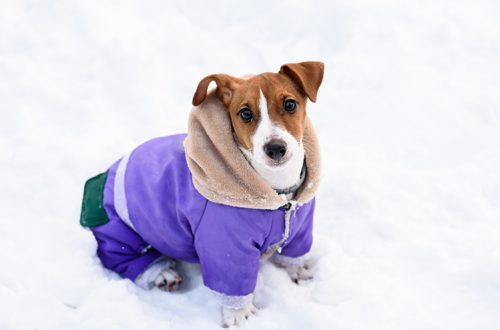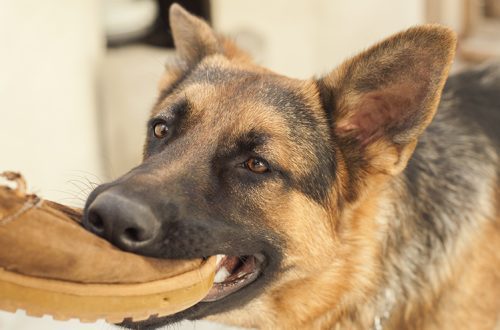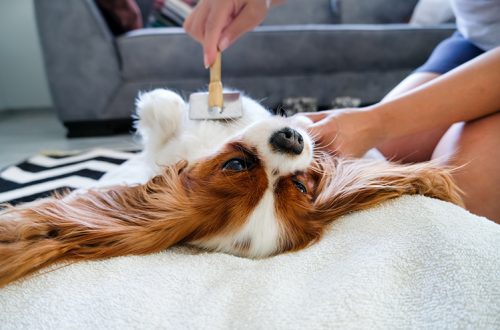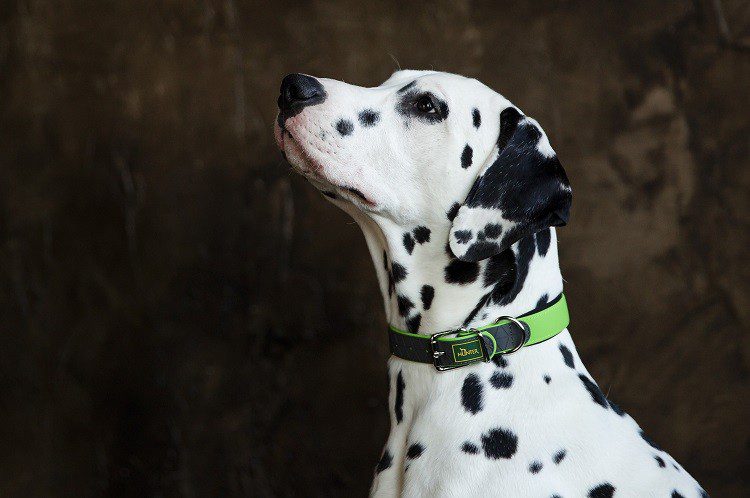
“I think the dog is jealous of me.” The decision from the cynologist
Professional cynologist and dog trainer Maria Tselenko told if dogs know how to be jealous, what such behavior really means and how to help a “jealous” dog.
Many owners treat their dogs like family members, which is great. But at the same time, they sometimes endow the pet with human character traits – and then the problems begin. For example, it may seem to a person that the dog gnawed his shoes “out of spite” because he didn’t take her out for a walk yesterday. But in fact, the need to chew is natural for a dog. If you do not take it, the dog will literally chew on everything that comes across: shoes, bags, cables, children’s toys. It has nothing to do with being offended by a person.
By interpreting the dog’s actions as human behavior, owners make mistakes in education. They punish the dog for behavior that is natural for him and for which he has his own “dog” motives. Instead of benefiting from such punishments, the owners get a frightened pet, which “plays pranks” even more from stress, loses trust in a person and even shows aggression. My colleague cynologist Nina Darsia told more about this in the article
At consultations, owners often complain to me that their pet is jealous, like Othello. I am told stories that the dog does not let her husband near the owner, is jealous of the children and even the cat. Let’s figure it out.
Every dog owner saw simple emotions on her face: fear, anger, joy and sadness. But scientists classify jealousy as a more complex emotion. Whether dogs can experience it is an ambiguous question.
In scientific works, the concepts of jealousy and jealous behavior are separated. Jealousy is understood as a heavy feeling that occurs when someone else gets the attention and sympathy of a person significant to you. As a result of this emotion, jealous behavior is manifested. His goal is to return attention to himself and stop the partner from communicating with another person.
In humans, jealousy does not always arise because of a real reason. A person can imagine it. But dogs can only worry about situations that are happening in the present moment.
Due to the nature of the psyche, the dog simply cannot think that you have a cuter dog – nor can it be jealous when you are late at work. She also perceives time in a completely different way: not the way we do. However, sometimes dogs do show jealous behavior.

Let’s digress a bit. At the end of the last century, it was believed that children under the age of two could not exhibit jealous behavior because their social skills and emotions were not yet sufficiently developed. However, studies by Sybil Hart and Heather Carrington in July 2002 proved that babies are capable of this as early as six months.
Zealous behavior has also been studied in dogs. One study used functional MRI of a dog. The dog was connected to the equipment and shown how its owner communicates with another dog. She activated the area of the brain responsible for anger. The dog obviously did not like the actions of the owner! Other studies have also confirmed that dogs can exhibit jealous behavior.
But these studies do not mean that dogs are fully jealous of the owner of other dogs. Probably, they have such behavior due to simple emotions. It is highly doubtful that jealousy for a dog is the same as jealousy for people.
Whatever we call zealous behavior, it almost always makes owners uncomfortable. And if a dog tries not only to capture the attention of a person, but also aggressively guards him, this is already a serious problem.
A pet can fence off the owner from a strange dog on the street, other pets at home or family members. If there are several dogs at home, then one can protect the other from relatives on walks. All this can be accompanied by a harsh growl, grin and even bites.
To solve the problem, I recommend focusing on the desired behavior and avoiding conflict situations. That is, you need to reward the dog every time he calmly reacts to your interaction with other people and pets.
Start with simple cases where the dog is not yet showing adverse reactions. Let’s take a look at an example. Imagine: a family member appears in the room and approaches the owner of the love dog’s dog closely. The dog does not react and behaves normally. Reward her with a treat.
Gradually complicate the situation. Let’s say a dog spends most of the time in close contact with a loved one – with you: sleeping on the arms or lying at your feet. Then you should work on teaching your pet to rest on the couch. That is, create more free space between you.
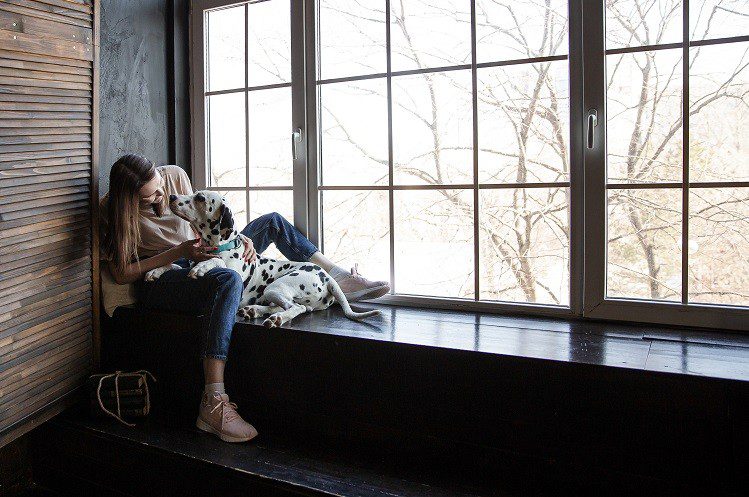
If the dog shows aggression and bites, I recommend not trying to solve the problem on your own. So you risk making it worse. It is safer to immediately contact a professional cynologist or zoopsychologist. It is worth considering how to accustom such a dog to a muzzle or protect other family members with the help of partitions. For this, an aviary for dogs is suitable. Or a baby gate in a doorway. Another option is to control the dog with a leash.
And in the end again – the main thing is that you do not miss the point. Dogs can indeed exhibit behavior similar to human jealousy. It can be caused by other emotions – sometimes not even related to you. If your dog is acting like he is “jealous” of you, don’t think that this is a trait of his character and you will have to come to terms with it. On the contrary, jealous behavior is a signal of problems in treatment or conditions of detention. The cynologist will help to recognize and correct them most quickly. When you solve these problems, “jealousy” will also evaporate. I wish you mutual understanding with your pets!



